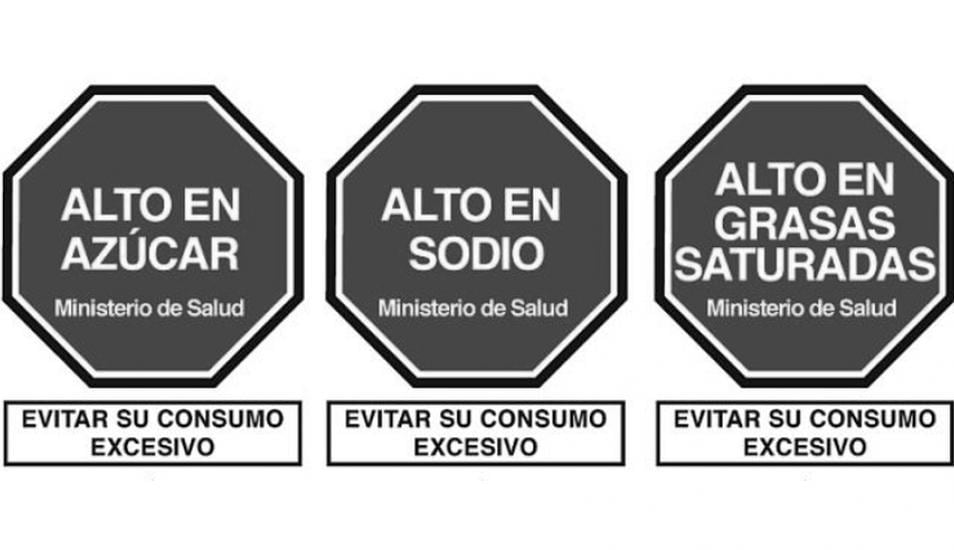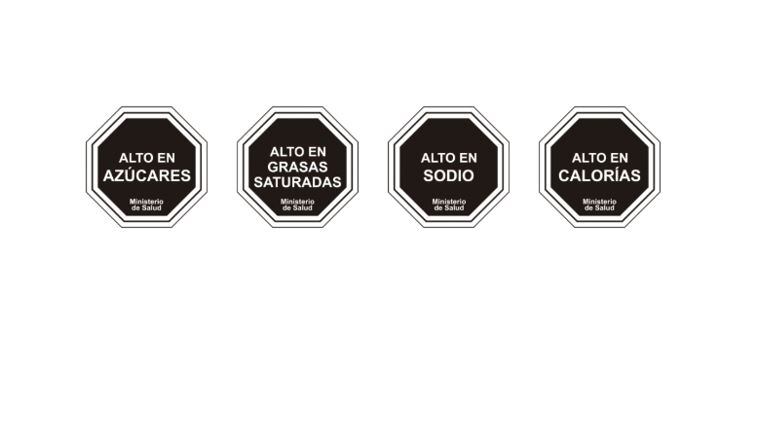Back in May, Argentina’s health minister Adolfo Rubinstein commented in national newspaper Clarín that the country could use a hybrid food label model that uses elements of the GDA and warning labels.
Last month, he confirmed to La Voz that Argentina would not use the warning label that was first adopted in Chile.
"We are working with the Ministry of Production […] to try to reach a front-of-pack label model where, on the one hand, information is provided to consumers at the point of purchase and also warns about those foods that have excess some critical nutrient,” he said.
Rubinstein suggested the hybrid label would use a color code, saying red is “universally a color that is associated with a warning”.
There is no definite launch date for Argentina’s front-of-pack label. However, Rubinstein said “important” advances had been made in recent months and the public could expect to see a label in place by the end of the year.
FIC: 'Lack of scientific support'
Non-profit health organization FIC (Fundación InterAmericana del Corazón), expressed concern over Rubinstein’s comments.
“It is a system without precedents, that lacks scientific support and that has not been implemented in any country.”
Using colors in a front-of-pack label was also “questionable”, it added, because the Pan American Health Organization (PAHO) recommends black in order to contrast with most of the colors of the packaging.
More than two-thirds of the adult population in Argentina is either overweight or obese.
According to the results of the latest National Survey of Risk Factors, 33.1% of the population in Argentina is overweight and 32.4% is considered obese.
Belén Rios, executive co-director of FIC Argentina, said the comments were suggestive of a public policy that "ignores international recommendations [and] favors corporate interests".
FIC Argentina is calling for a warning nutrition label to be introduced in Argentina.
Professor Barry Popkin, distinguished professor of nutrition at the UNC Gillings School of Global Public Health, also backs the Chilean octagons.
Professor Popkin: 'Chile will be the first country to reduce overweight and obesity'
Popkin has been working with a team of researchers in Chile to evaluate the effectiveness of warning labels. He said he has been “astounded” by the results of experimental studies that are due to be published studies in high-profile journals.
“We will show major reductions in the foods and beverages that are major contributions to excessive added sodium, added saturated fat and added sugar. And we will also show huge reduction in sodium and added sugar via reformulation by the industry,” he said.
A study published earlier this year showed the label may be changing eating habits because children are asking their mothers not to buy products with warning labels.
“That is why I think warning labels impact purchasing behavior more than other approaches — real world results backed by 28 random controlled trials across the globe.
“I think in several years, Chile will be the first country to see a reduction in overweight and obesity and subsequently in new diabetes cases with these laws. To date, not a single country has seen a reduction in overweight and obesity [or] all the related health care and economic costs.”
“No study has shown the GDA is understood, used and improves diet including over 35 random controlled trials and actual studies on food purchasing behavior,” Popkin told FoodNavigator-LATAM. “If our goal is to reduce diabetes, heart disease cancer and obesity this label will not help in its current form.”
Under current rules in place since 2006, Argentinian food products are labeled with a nutrition facts table that appears on the back of the pack. Rubinstein said it was "practically unintelligible".




